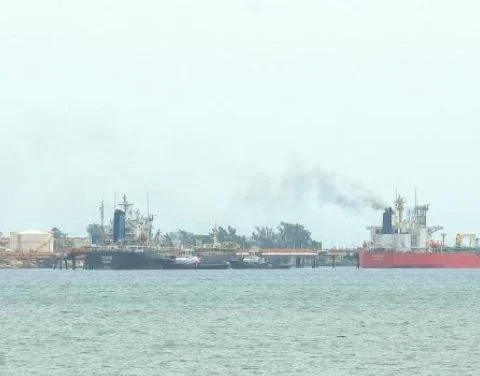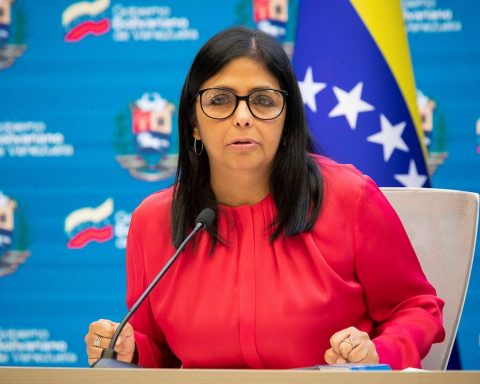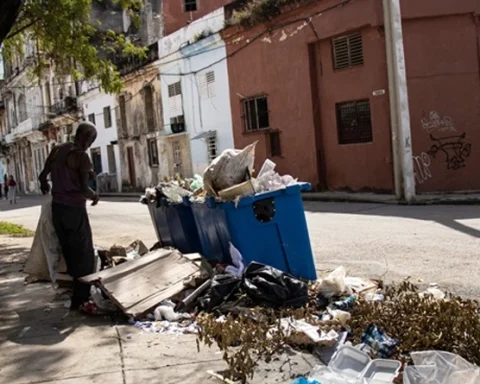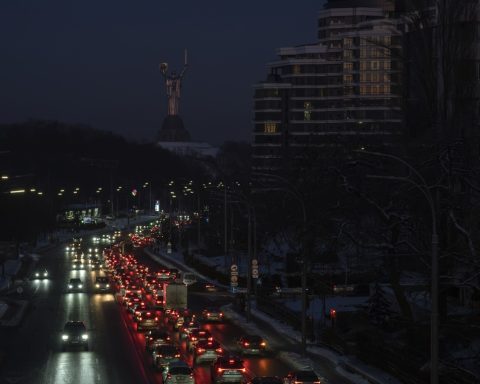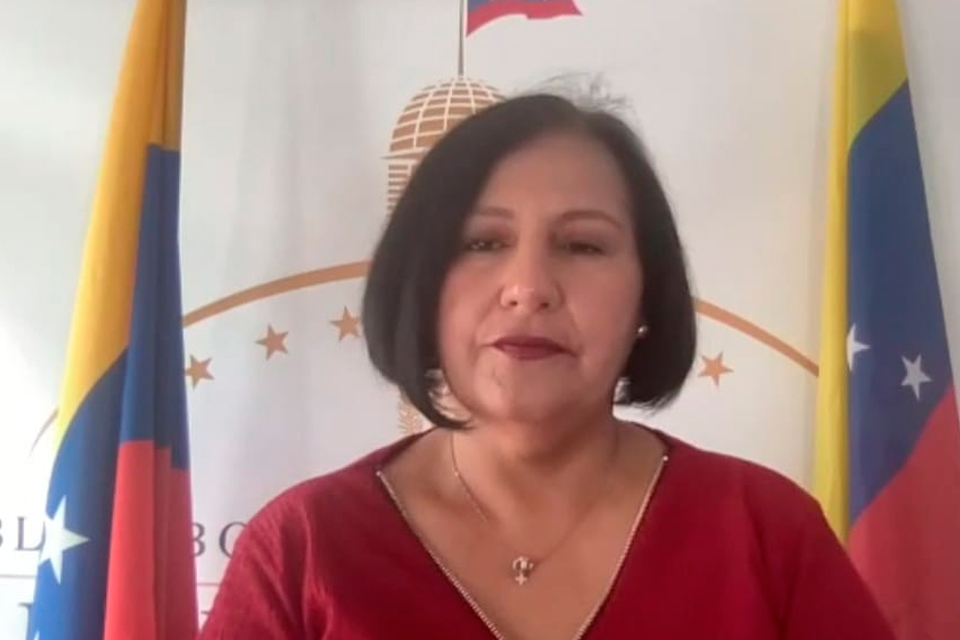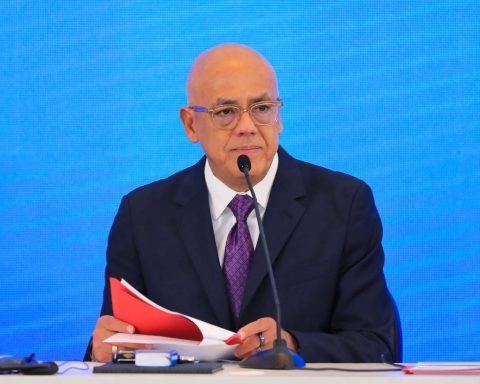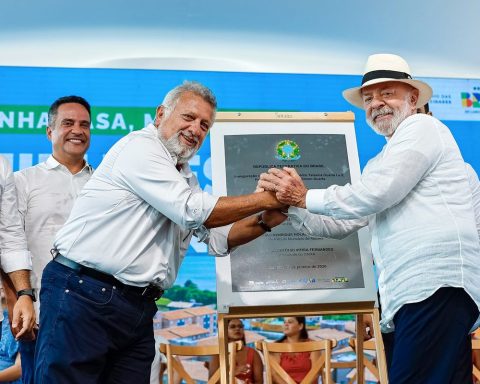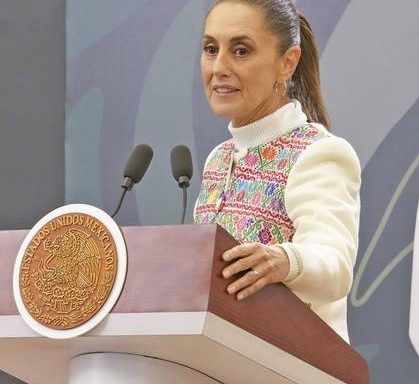Russia hopes to send up to half a million tourists a year to Cuba and become the main issuer of tourists to this country, declared Russian Deputy Prime Minister Dmitri Chernishenko during a meeting with Cuban Tourism Minister Juan García Granda.
“We support the aspiration of the Cuban Tourism Minister and his goal of raising the tourist flow from Russia to 500,000 annual visitors,” said Chernishenko, quoted by Interfax.
If these predictions come true, the Eurasian country would surpass Canada and would occupy first place in this category. Currently, Russia is among the four countries that send the most travelers to the island, according to the Cuban Tourism Minister, who highlighted that during the pandemic, up to 178,000 visitors arrived in Cuba from that country.
Business forum between Cuba and Russia closes with the signing of new agreements
According to Juan García Granda, Havana’s desire to exceed the threshold of 200,000 Russian tourists this year and focus on the goal of half a million tourists per year.
According to information from the National Statistics and Information Office (Onei), leading the issuing markets between January and April of this year is Canada, with 495,905 visitors, the United States (54,595), Russia (44,144), Germany (28,985), France (24,783), England (24,203), Spain (22,019), Italy (20,766) and Mexico (16,980). Meanwhile, Cubans residing abroad who visited the country amounted to 113,645 people.
The report itself indicates that Cuba received 1,217,395 international travelers in the first four months of 2023, which is 190.3% more than in the same period last year.
Cuba paves the way for Russian companies at the Economic-Business Forum
During the meeting between the representatives of Havana and Moscow, the parties discussed measures to increase tourist flows, stimulate investment and support the improvement of cadres working in the tourism branch.
Chernishenko stressed that the visa exemption regime between the two countries currently in force, which allows a stay of up to 90 days every 180 days, the restoration of flights and friendly relations between the two peoples can become a solid foundation for future cooperation. .
“We can create the necessary conditions for the growth of the mutual tourist flow between our countries with joint efforts, in order to reach the pre-pandemic indicators already this year,” said the Russian Deputy Prime Minister.
In this sense, the resumption of regular flights between Russia and Cuba, stopped since 2020 due to the coronavirus pandemic, will be very important. The restart of regular air operations, which will be added to existing charter flights, is scheduled for July 1 with four weekly trips to Varadero and Havana, and two every ten days to Cayo Coco.
The Russian Deputy Prime Minister asked the head of Cuban Tourism to support the establishment of direct contacts between investors interested in the field of tourism. According to Chernishenko, Moscow is interested in the construction of new hotel complexes and an air terminal, or the control of an existing one to serve Russian tourists, as well as in the modernization and management of infrastructures already in operation.
The recovery of tourism in Cuba is considered “vital” to oxygenate the declining economy of the island, which is going through one of the worst crises in recent decades and has affected a key sector, which weighs on the gross domestic product (GDP) and foreign currency income.
Cuba has set itself the goal of reaching 3.5 million international tourists in 2023, a goal that the sector’s authorities acknowledge is “very high”, but they maintain that they are working to achieve that goal.
So far, visits from Canada, the main issuing market, have recovered by 80% at the beginning of this year, while the arrival of visitors from Europe has slowed down due to “the conflict between Russia and Ukraine, the increase in cost of fuel and the blockade (embargo) imposed by the United States”, explained the Minister of Tourism, Juan García Granda.
In 2022, 1.6 million international travelers visited the island (divided into one million tourists and some 600,000 visiting Cubans residing abroad), below the goal of 1.7 million – which started from a readjustment of the initial forecast of 2.5 million–, according to Onei.
OnCuba/EFE Writing

